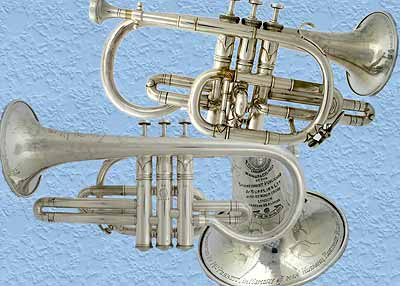Steinbeck was critical of the Salvation Army and its take on Christianity. Sure, they helped people, but they forced those they helped to step into the world of the Salvation Army in order to get that help. In Tom's case, he was forced to sit and listen to the Salvation Army play small trumpets (cornets) for hours and hours for the inmates in exchange for the Salvation Army's help. And it was very much a transactional relationship: if he would have walked out of the concert, he would have been in trouble.
Casy, in contrast, enters the world of the people he's trying to help. He doesn't put up barriers to entry, doesn't set himself apart from the sinners in the dirt. He asks questions of those he serves, not just proclaim judgment from a book. In short, he has humility as a salt-of-the-earth kind of guy. Tom doesn't see Casy becoming like a preacher as Tom knows them. But just to be sure, he's suggesting Casy not start setting himself apart and making proclamations from on high, symbolic of the forced concert.


